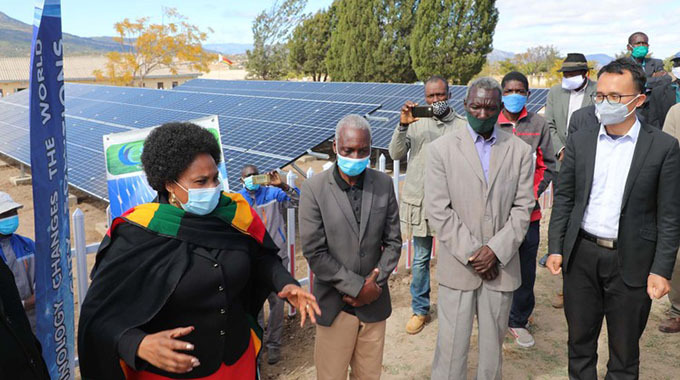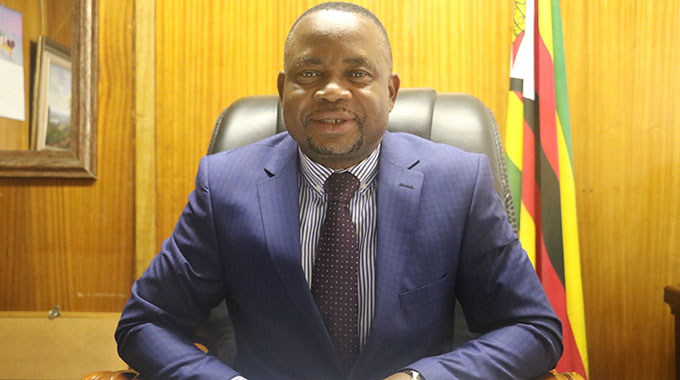Explore export opportunities, SB Moyo tells industry

Walter Nyamukondiwa
Kariba Bureau
AS efforts to achieve US$14 billion annual export earnings by 2030 gather momentum, Government has challenged company executives to rise above current economic challenges, explore export opportunities and adopt import substitution strategies.
Leveraging on hard lessons learnt from the Covid-19 pandemic trade restrictions, Government says research in universities and support of downstream industries in line with the Sadc Trade Protocol should strengthen the country’s export position.
This is in line with President Mnangagwa’s Vision 2030, which has been encapsulated in the Trade Policy and Export Strategy under the Target 7/14 Framework, where export earnings will increase to US$7bn by 2023 from US$4,5bn in 2018.
Earnings are expected to top US$14bn by 2030. Such companies including Kariba-based Padenga Holdings and Lake Harvest, which specialise in aquaculture and have spread their tentacles across the world, have been identified as key in the realisation of the Vision 2030 targets. Padenga Holdings has grown to significantly influence the premium Nile crocodile skins markets, notching up annual revenue of US$23 million for the past five years with plans to reach US$30 million by the end of the year.
Speaking during a tour of Padenga Holdings and Lake Harvest aquaculture projects in Kariba, Foreign Affairs and International Trade Minister Dr Sibusiso Moyo said companies should position the country through aggressive export-oriented business models.
“Companies should make sure that they invest in downstream industries. That is reverse integration and forward integration. Some of the challenges faced could be resolved by adopting an import substitution strategy.
“Whereby, instead of importing stock feed for the fish after realising that we do not have maize or soya, why don’t we invest in that area as companies.
“There could be someone else who can do it, but doesn’t have money. Why not have him do it because he has the expertise. Even the smallest fish food molecule, which you are going to import should be given to our universities to research on so that we can have innovative ideas that can bring solutions scientifically,” said Minister Moyo.
He said Covid-19 had exposed the need for local solutions and that was the trajectory that Government was pursuing using universities to conduct scientific research into any challenges faced in the production value chain.
The SADC Trade Protocol, which Zimbabwe is a signatory to, calls for double transformation of an industry after importation — where you cannot import and make a product and export them to another country in the region.
“Covid-19 has taught us when we were closed from the rest of the world that we need to make things on our own and that is where we are going now as a country.
“We have got the expertise and the scientists that is why we have adopted Education 5.0 that has established innovation hubs across our universities so that we can pass the ball to any one of them so that they come up with solutions to industry challenges,” he said.
He said Lake Harvest and Padenga Holdings should set targets of growing exports by 10 percent annually.
Zimbabwe claims a share of 45 percent of the world Nile crocodile skins market with Padenga supplying half of the country’s output while controlling 85 percent of the crocodile skins high-end luxury fashion brands globally.
The tour was organised by Zimtrade and was aimed at assessing export oriented ventures in Kariba and gain an appreciation of the efforts that the companies have made to increase exports.
Similar visits have been made to Tanganda Tea Estates and Trade Kings among others.








Comments